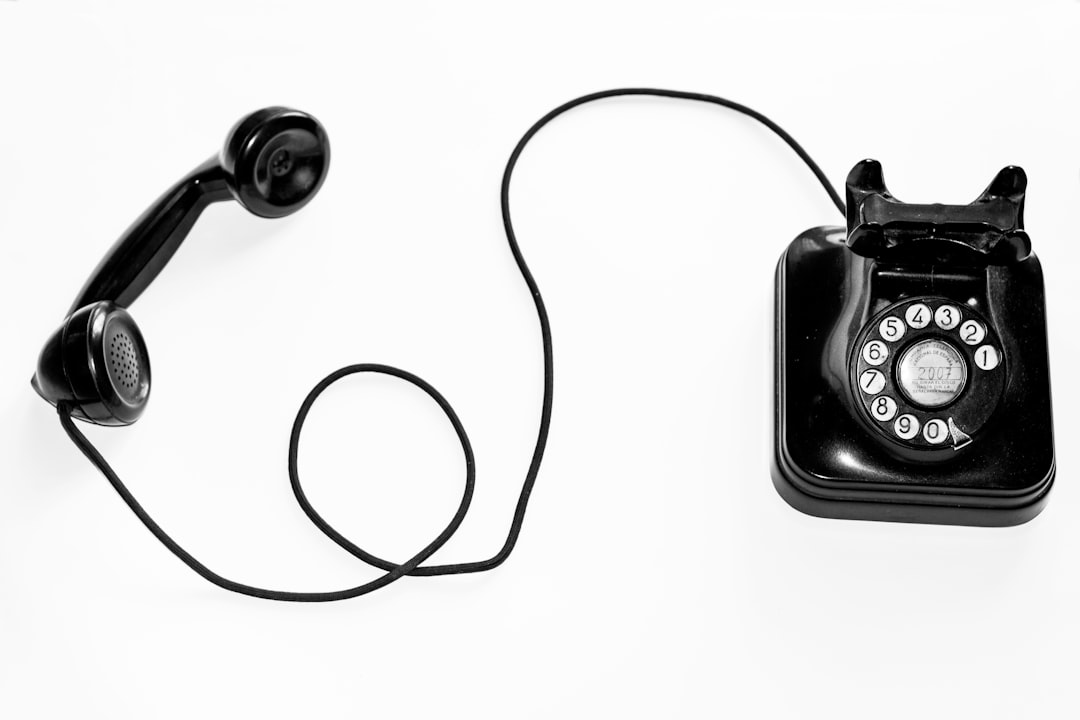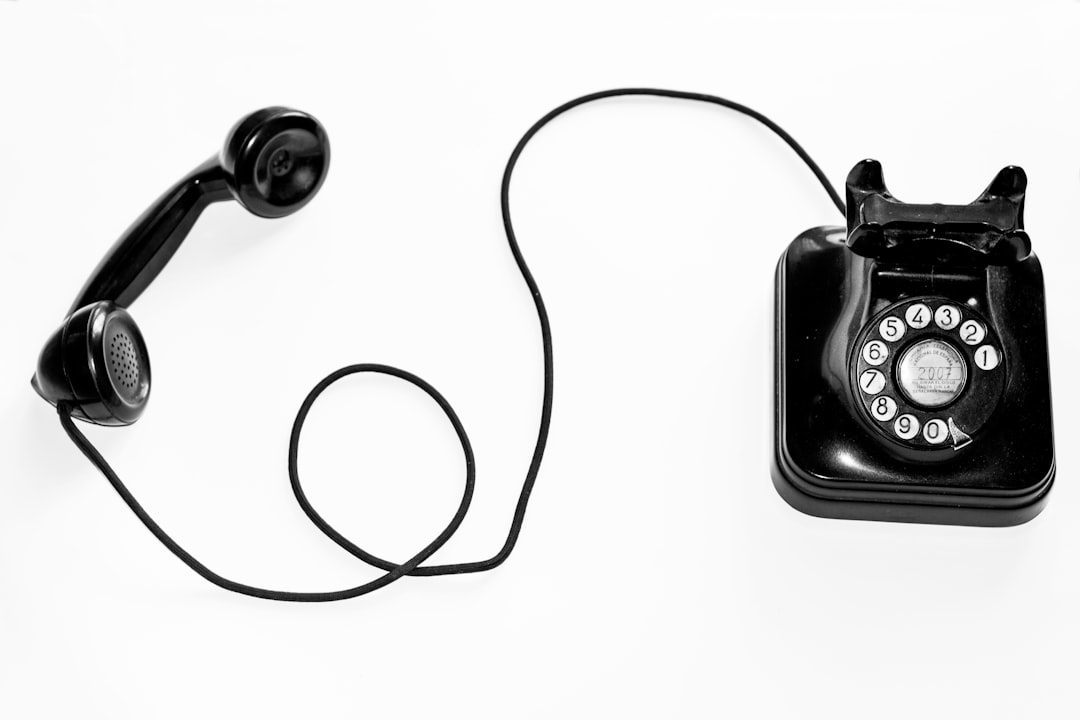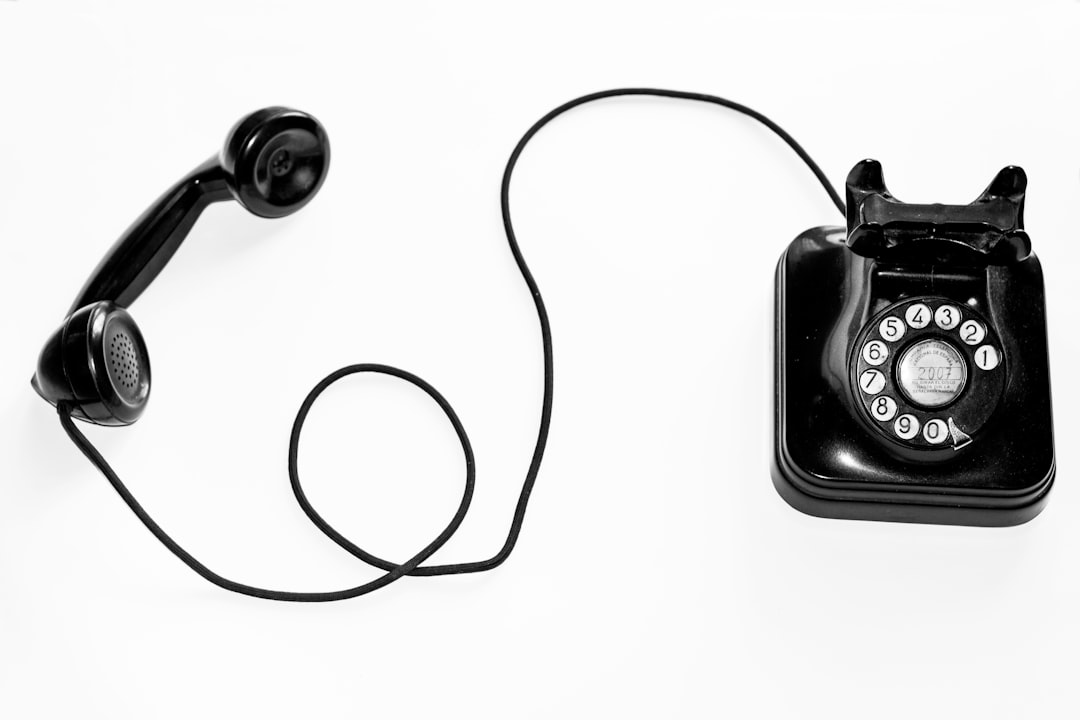Navigating autodialer compliance in New Orleans requires a deep understanding of Louisiana's strict consumer protection laws, particularly regarding prior express consent for automated calls. Local autodialer law firms in Louisiana assist businesses in adhering to the Telephone Consumer Protection Act (TCPA) and state regulations to avoid penalties and maintain customer trust. Best practices include robust opt-out mechanisms, meticulous contact list management, accurate caller ID display, proper staff training, and regular compliance checks. Case studies provide valuable insights into successful autodialer implementations while highlighting common pitfalls, such as lacking consent, misinterpreting exemptions, and overlooking do-not-call lists.
In the dynamic landscape of telecommunications, navigating autodialer compliance is a complex task, especially in diverse markets like New Orleans. This article delves into the intricacies of autodialer regulations in Louisiana from a legal perspective, examining their impact on the city’s resident population. We explore key considerations for law firms using autodialers and provide best practices for compliance. Additionally, case studies highlight strategies to navigate complexities, ensuring businesses avoid common pitfalls while adhering to Louisiana laws governing autodialer usage.
Understanding Autodialer Regulations in Louisiana: A Legal Perspective
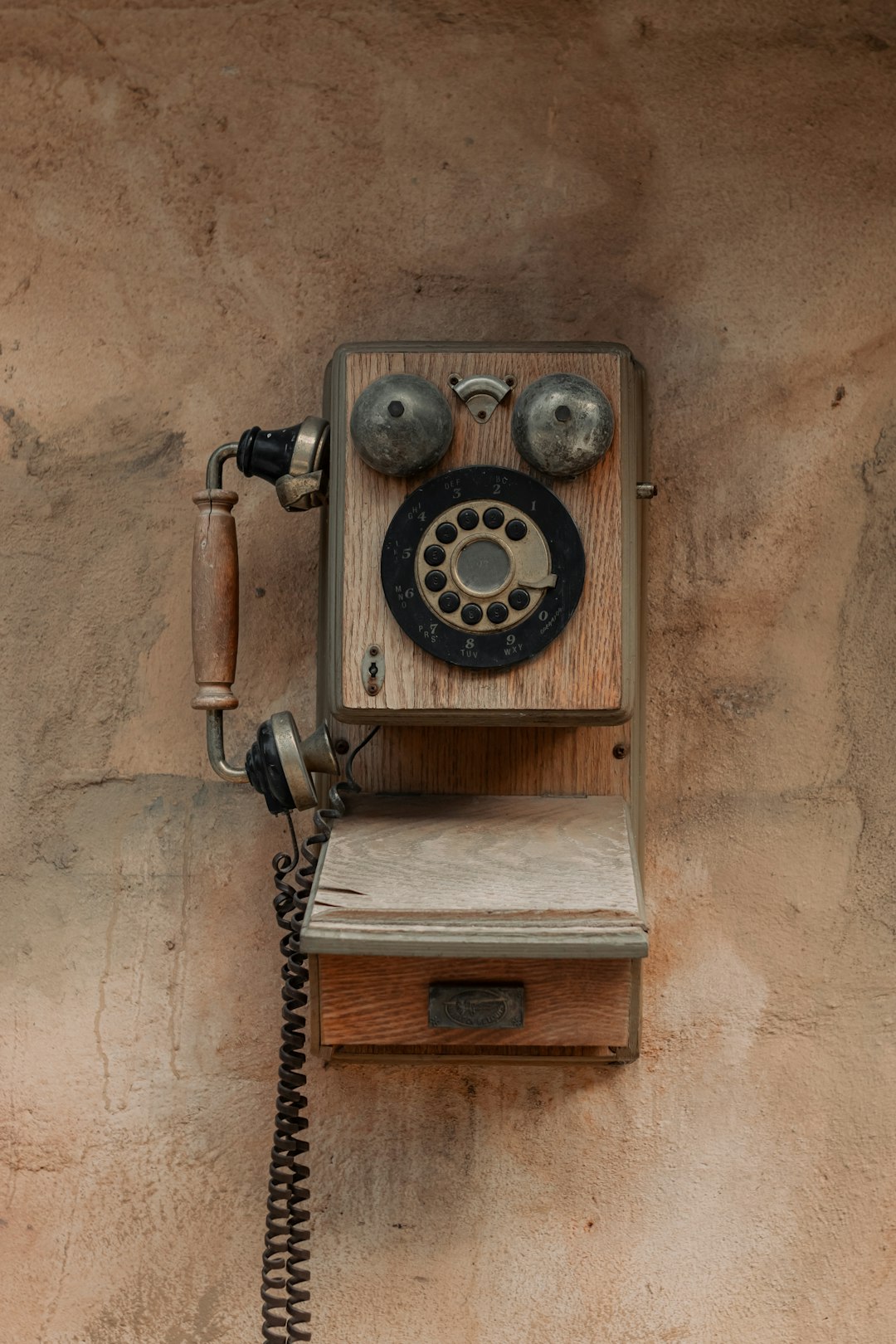
Navigating the complexities of autodialer compliance in New Orleans requires a deep understanding of the legal framework surrounding these technologies. Louisiana’s laws, like many states’, have specific regulations aimed at protecting citizens from unwanted telemarketing calls. These rules are designed to ensure that businesses using autodialers, also known as automatic telephone dialing systems (ATDS), adhere to ethical and transparent practices.
A prominent aspect of these regulations involves obtaining prior express consent from recipients before making automated calls. This legal requirement is a cornerstone of Louisiana’s consumer protection laws, emphasizing the importance of respect for individual privacy and communication preferences. Local autodialer law firm in Louisiana assist businesses in understanding and complying with these stringent rules to avoid penalties and maintain customer trust.
The Impact of Telemarketing on New Orleans' Resident Population

In New Orleans, as in many urban centers across America, telemarketing has become an integral part of daily life. The constant ringing of autodialers can be jarring, but these systems are often relied upon by businesses to reach customers and generate sales. However, the widespread use of autodialer technology also raises significant concerns about compliance with Louisiana’s strict consumer protection laws.
The impact of telemarketing on New Orleans’ resident population is multifaceted. While it offers opportunities for businesses to expand their customer base, it can also lead to intrusive calls at inconvenient times. Many residents find themselves bombarded with unwanted calls from various autodialer law firms in Louisiana, leading to frustration and a potential erosion of trust in legitimate marketing efforts. This dynamic underscores the importance of adhering to state regulations designed to protect consumers from abusive telemarketing practices.
Key Considerations for Law Firms Using Autodialers in Louisiana
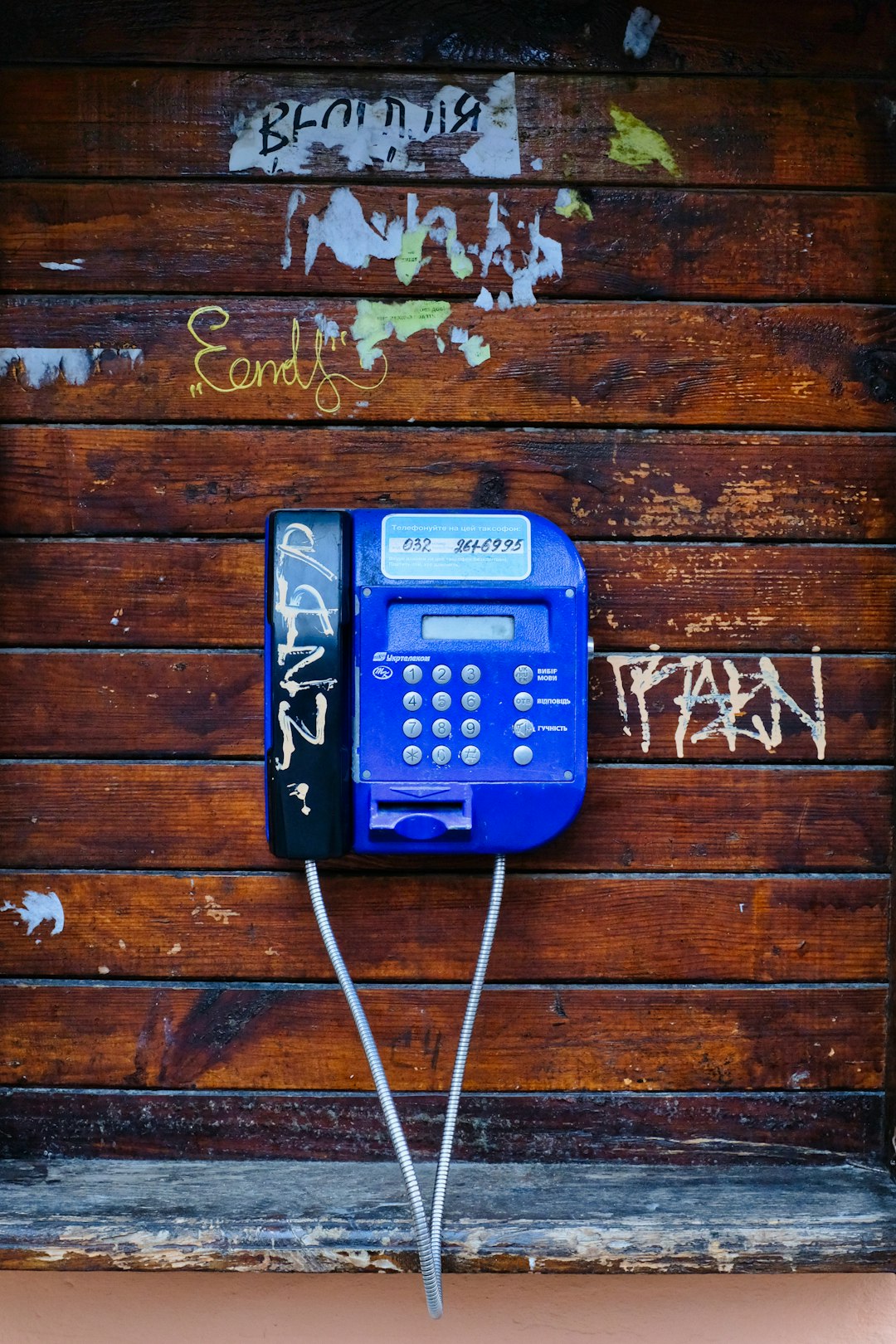
When law firms in Louisiana employ autodialers for marketing or client outreach purposes, they navigate a complex web of regulations designed to protect citizens from unwanted calls. Key considerations include understanding and adhering to the Telephone Consumer Protection Act (TCPA) and its specific provisions related to autodialing. Firms must implement robust opt-out mechanisms and honor requests to stop calling within 24 hours, as non-compliance can result in significant financial penalties.
Additionally, local Louisiana laws may further restrict autodialer usage, requiring firms to conduct extensive due diligence to ensure compliance at both the state and federal levels. This includes meticulous contact list management, accurate caller ID display, and proper training of staff involved in automated call campaigns. Regular reviews of current TCPA guidelines and staying informed about any updates or clarifications from regulatory bodies are paramount for law firms aiming to utilize autodialers effectively while maintaining complete compliance.
Strategies to Ensure Compliance: Best Practices for Autodialer Users

Navigating compliance with autodialer regulations can be a complex task, especially in dynamic environments like New Orleans. For law firms utilizing autodialers for outreach and marketing efforts, adherence to legal guidelines is paramount to avoid penalties and maintain client trust. To ensure compliance, best practices include implementing robust do-not-call lists that are regularly updated and respected.
Additionally, training staff on the proper use of autodialer systems is essential. This involves comprehending federal and state regulations, such as those governing automated calls, and ensuring all call scripts align with legal requirements. Implementing clear opt-out mechanisms during calls and maintaining detailed records of call activities can also fortify compliance efforts for Louisiana law firms leveraging autodialers.
Case Studies: Navigating Autodialer Compliances and Avoiding Common Pitfalls
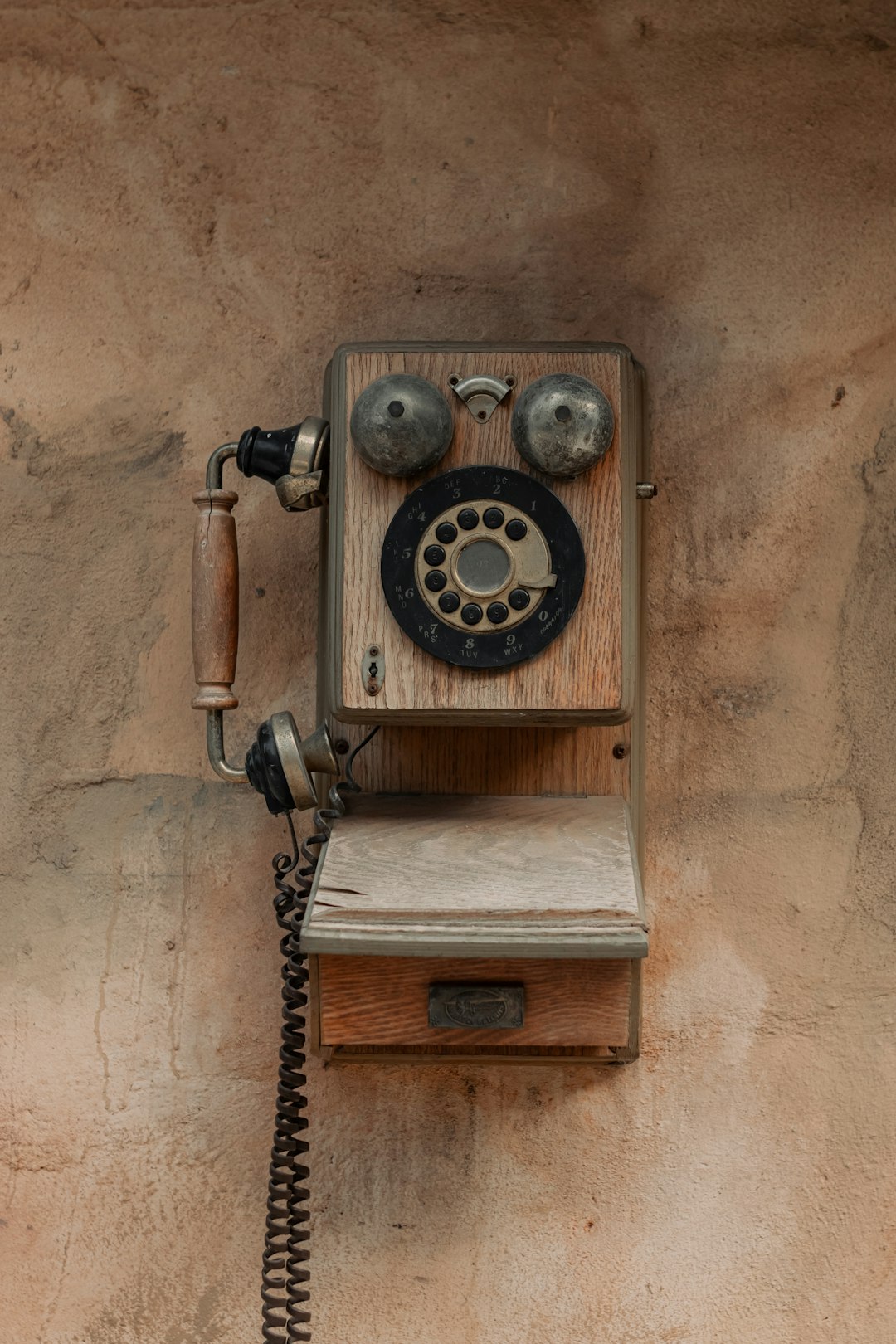
In navigating the complexities of autodialer compliance in New Orleans, case studies offer valuable insights into both successful implementations and common pitfalls to avoid. Many Louisiana-based law firms have successfully integrated autodialers for client outreach, enhancing their marketing strategies while adhering to strict regulations. These studies highlight the importance of understanding the autodialer law firm Louisiana must comply with, such as the Telephone Consumer Protection Act (TCPA).
By examining these cases, legal professionals can learn from both triumphs and failures, ensuring they stay within legal boundaries. Common pitfalls include failing to obtain proper consent for automated calls, misinterpreting exemption rules, and neglecting to implement do-not-call mechanisms. Through careful planning, compliance checks, and staying informed about evolving regulations, law firms can leverage autodialers effectively while mitigating potential issues.
